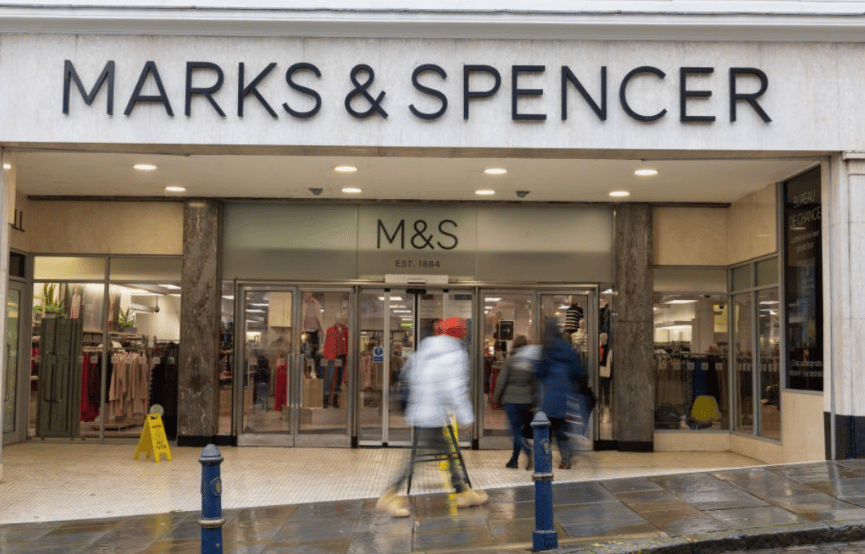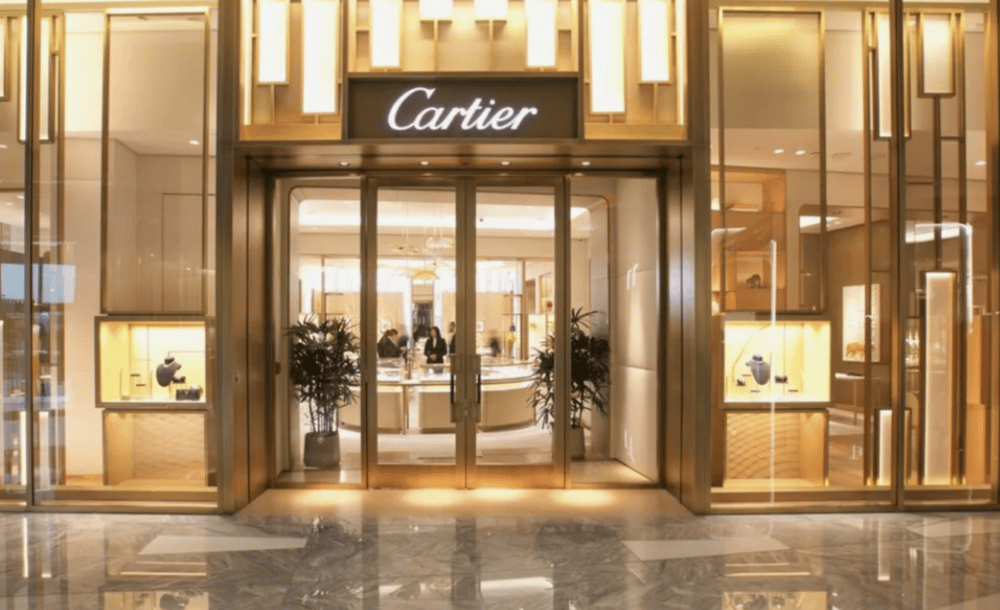Cartier Website Data Breach Highlights Rising Cybersecurity Risks for Luxury Retailers
Luxury goods manufacturer Cartier, owned by Richemont $CFR.SW, disclosed a cybersecurity breach involving unauthorized access to its website, resulting in the theft of some customer data. This incident, confirmed through a customer notification email obtained by Reuters on Tuesday, underscores an increasing trend of cyberattacks targeting high-profile luxury retailers. Recent similar breaches reported by major brands including Marks & Spencer $MKS.L and Victoria’s Secret $VSCO highlight growing vulnerabilities within the retail industry’s digital infrastructure.
Implications of the Cyberattack on Cartier and Luxury Retail Security
Cartier, renowned for its premium watches, necklaces, and bracelets worn by celebrities such as Taylor Swift, Angelina Jolie, and Michelle Obama, faced a significant cybersecurity incident when an unauthorized party gained temporary access to its systems. The breach raises concerns about the protection of sensitive customer information, as luxury brands typically collect extensive personal and payment data through their online platforms.
This attack marks the latest in a series of cybersecurity threats faced by the retail sector, which has become a prime target for cybercriminals due to the high value of customer data and brand prestige. Richemont’s ownership of Cartier implicates the broader corporate cybersecurity posture, potentially affecting investor confidence and customer trust.
Retailers like Marks & Spencer and Victoria’s Secret have also reported similar cyber incidents recently, suggesting an industry-wide challenge in combating increasingly sophisticated cyber threats. The luxury segment, in particular, is vulnerable due to its reliance on e-commerce and high-net-worth clientele, making cybersecurity a critical strategic priority.

Key Facts
Cartier’s website suffered unauthorized access, resulting in customer data theft.
Richemont, Cartier’s parent company, is directly impacted.
Similar cyberattacks reported recently by Marks & Spencer and Victoria’s Secret.
Luxury retailers face heightened cybersecurity risks due to valuable customer data.
The breach occurred despite presumably advanced security measures typical of high-end brands.
Market and Consumer Reaction to Cartier Cybersecurity Incident
The revelation of Cartier’s data breach prompted concerns across the luxury retail market about digital security and data privacy. Experts emphasize that while luxury brands invest heavily in cybersecurity, the increasing frequency and sophistication of cyberattacks challenge even the most robust systems.
Investor reaction to Richemont’s cybersecurity exposure could influence stock volatility, given the potential impact on brand reputation and customer loyalty. Analysts note that addressing these breaches quickly and transparently is essential for maintaining market confidence.
Customer trust is also a pivotal factor, as affluent clients expect stringent protection of their personal data. Failure to ensure data security risks not only legal and regulatory repercussions but also long-term erosion of brand equity.

Key Takeaways
Cartier’s data breach spotlights cybersecurity vulnerabilities in luxury retail.
Cybercriminals increasingly target high-value customer data within premium brands.
Similar incidents at Marks & Spencer and Victoria’s Secret indicate sector-wide challenges.
Market sentiment depends on Richemont’s response and mitigation strategies.
Maintaining customer trust through effective data protection is crucial for luxury brand sustainability.
Significance of Cartier’s Cybersecurity Breach in the Retail Industry
The recent data breach at Cartier serves as a critical reminder of the escalating cybersecurity threats facing the luxury retail sector. As high-profile brands become attractive targets for cybercrime, robust security frameworks and rapid response mechanisms are imperative to protect sensitive customer information and uphold brand integrity.
Richemont’s handling of this incident will be closely watched by investors and consumers alike, highlighting the intersection of technology risk and corporate reputation management in today’s digital economy. The broader retail industry must address these vulnerabilities proactively to mitigate financial, regulatory, and reputational risks inherent in data breaches.















Comments
It’s a clear reminder that even the most luxurious brands aren’t immune to cyber vulnerabilities.